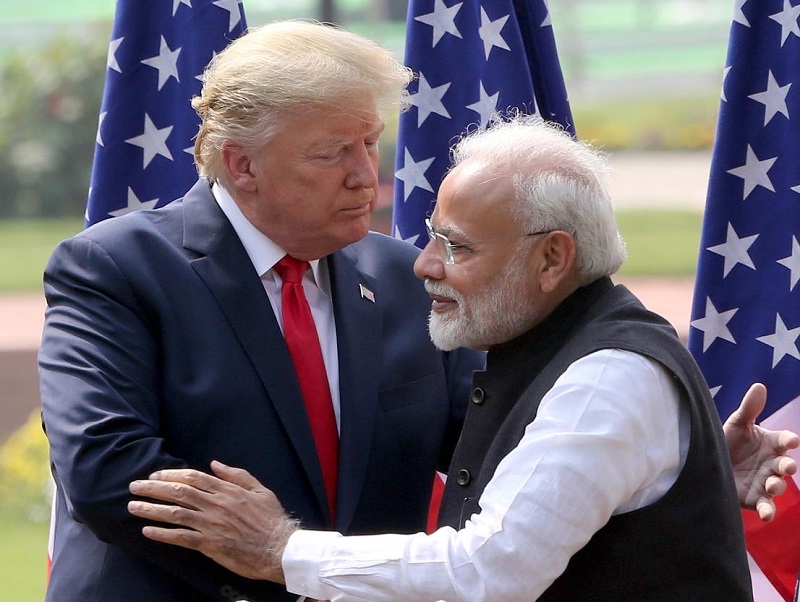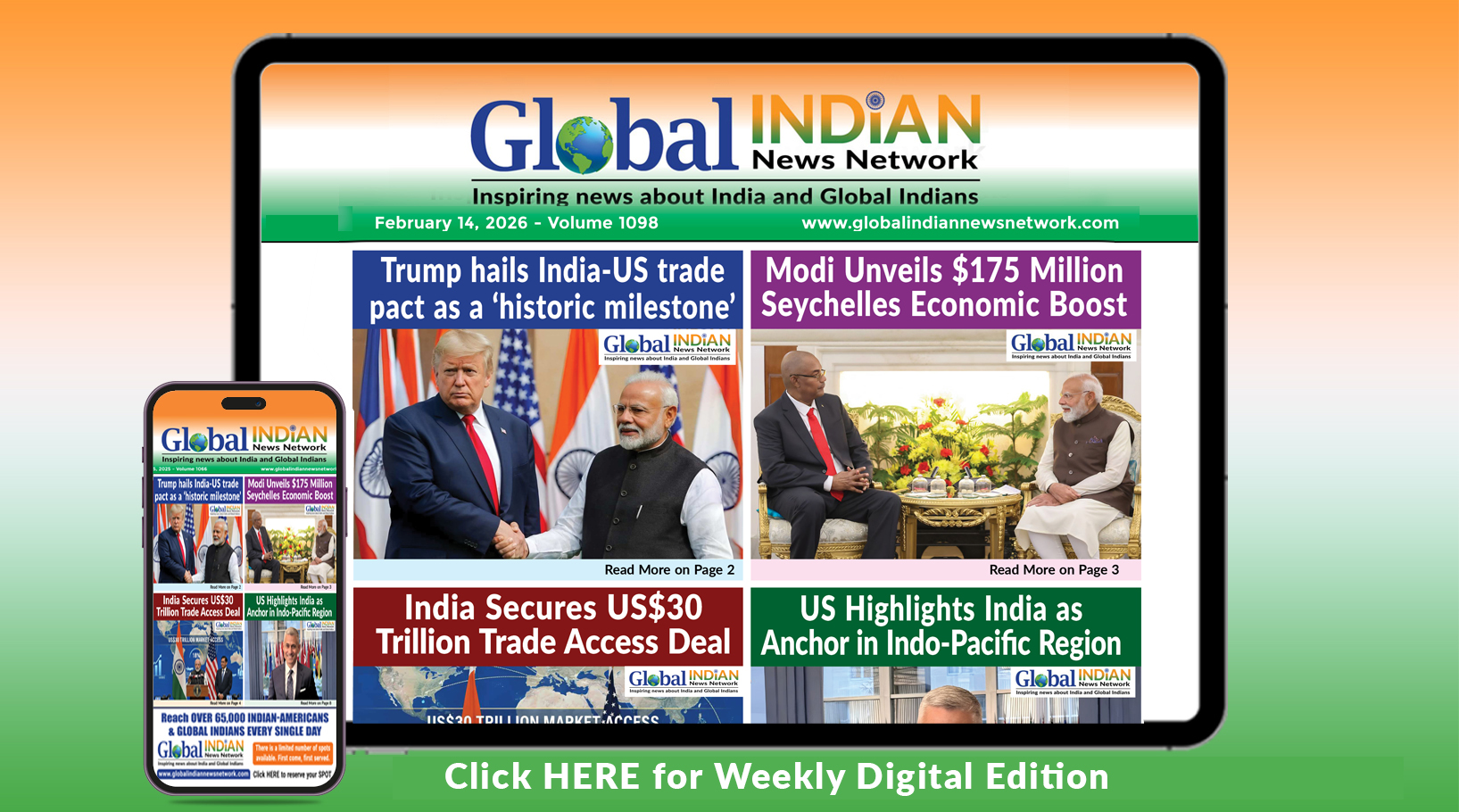
President-elect Donald Trump recently warned of imposing reciprocal tariffs on India, criticizing the country’s high tariffs on U.S. goods. He referred to India’s 100% tax on certain U.S. products and stated, “If they tax us, we tax them the same amount.” This statement sparked concerns in India about the potential for strained trade relations. Trump’s remarks also fit within a broader context of his aggressive trade stance against countries like China, Mexico, and Canada.
While India’s government did not panic in response, experts have highlighted potential opportunities arising from Trump’s proposed tariff policies. A report by Shriram Mutual Fund suggests that trade disruptions from U.S. tariffs on China, Mexico, and Canada could redirect trade flows, giving India a chance to capture new export opportunities.
With a trade surplus of $32 billion and bilateral trade exceeding $118 billion in 2023-24, India is already preparing to negotiate tariff cuts on certain U.S. imports, such as pork and medical devices, to reach a broader trade deal with the U.S. Additionally, India is positioning itself as an alternative manufacturing hub to counter Trump’s tariffs on China.
The Indian government is also evaluating the impact of potential U.S. tariff hikes and working on remedies, including increased energy imports from the U.S. and bolstering defense equipment purchases. As the Trump administration prepares to take office, India looks to capitalize on trade shifts while fostering deeper bilateral relations.
In diplomatic efforts, Indian External Affairs Minister S Jaishankar met with U.S. officials to discuss strengthening the India-U.S. partnership. The two countries are focusing on enhancing collaboration in sectors like technology, trade, and investment.
With India preparing for potential trade shifts and diplomatic engagement, the India-U.S. relationship is entering a new phase under Trump’s administration.









